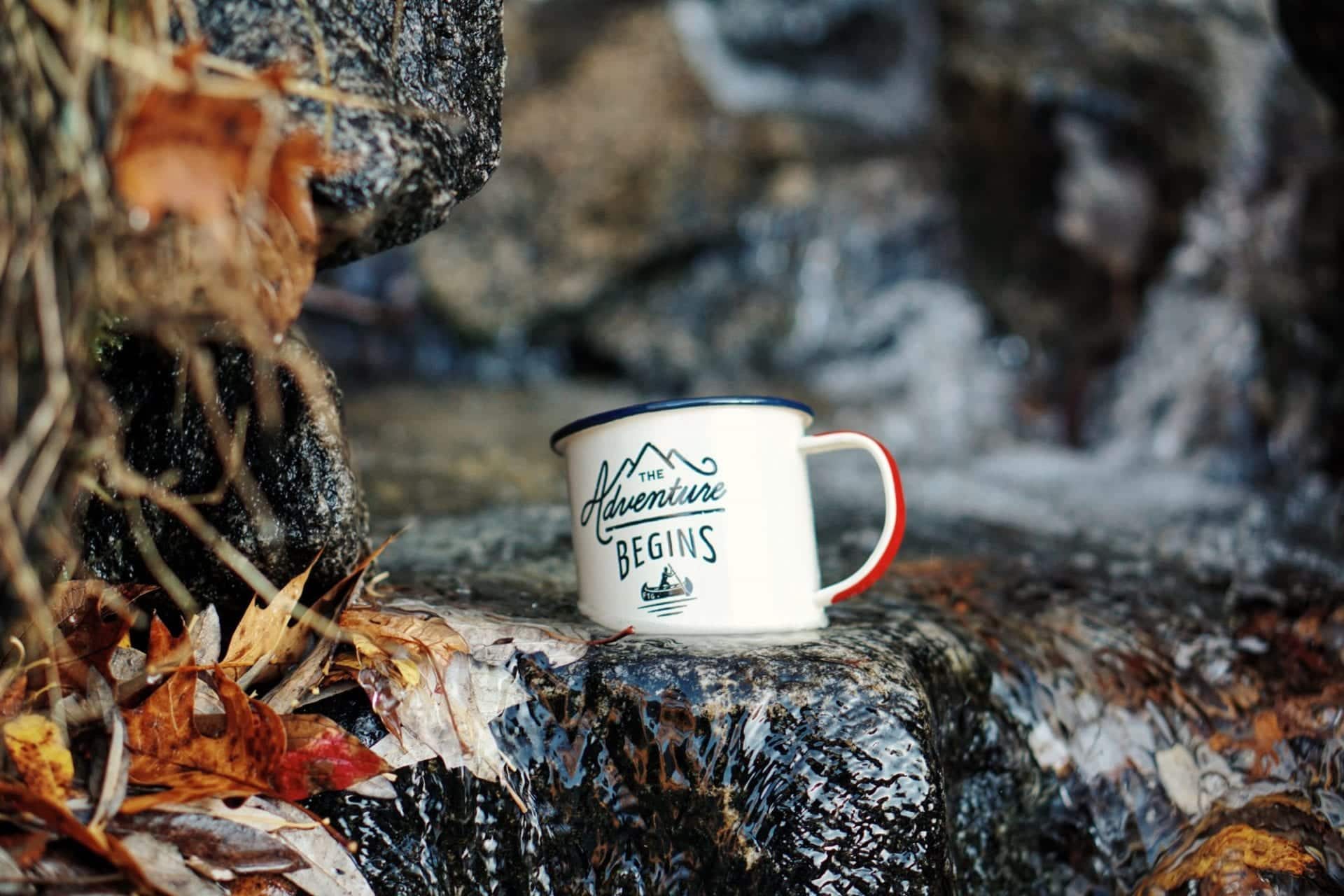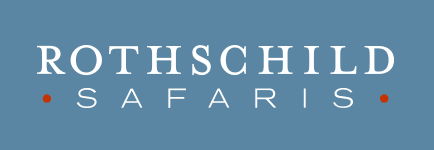Happiness is hard.
As fast as one can learn, not only the meaning of the word Hygge, but also how to say it in a sentence—so quickly that its actual pronunciation will be adequately disguised… the lifestyle police will find a new foreign cultural belief to live up to.
The next big trend?
It could very well be Lagom, which is basically the Swedish version of Goldilocks’ favourite porridge. Not too hot, not too cold. Not too little, not too much. Becoming a Lagomer will position you perfectly to live more sustainably by saving water and energy, recycling more and creating less waste. You don’t need to get it all perfect on day one. Lagom instructions encourage you to make small changes that you can build on. And help is at hand on how to go about this.
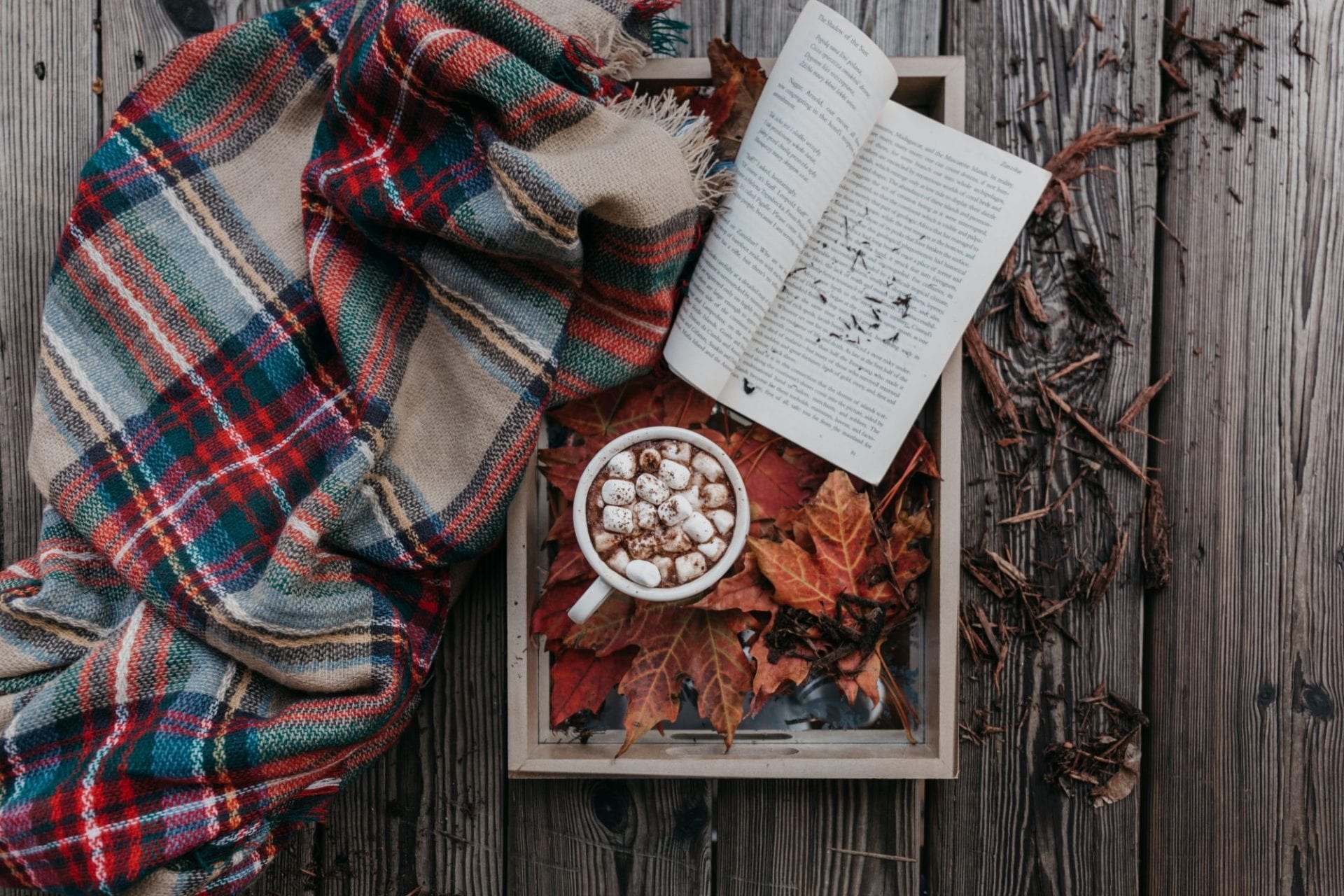
There will be books and guides. We will read in great detail how we can achieve this state in our work and in our private life. Our teachers will be patient.
But the hard sell, the real hook, will be the imagery.
Put a pin in that thought because we will be returning to it.
Hard on the heels of Lagom is Lykke, again from Denmark. No beating about the bush here. The Danes are selling Happiness plain and simple. They know that Hygge is a little 2017 as far as the rest of the world is concerned and so they have put together a World Happiness Report with Six Pillars of Happiness that encompass this Lykke: Togetherness, Money, Health, Freedom, Trust and Kindness.
No pressure.
The Finns also want their say. And what they are saying is: Sisu – shut up and just get on with it already! Less me, me, me… and candles and knitting and touchy-feely. More doing. When the rest of us demand grit the Finnish national character only starts defining itself from the point where guts and perseverance end.
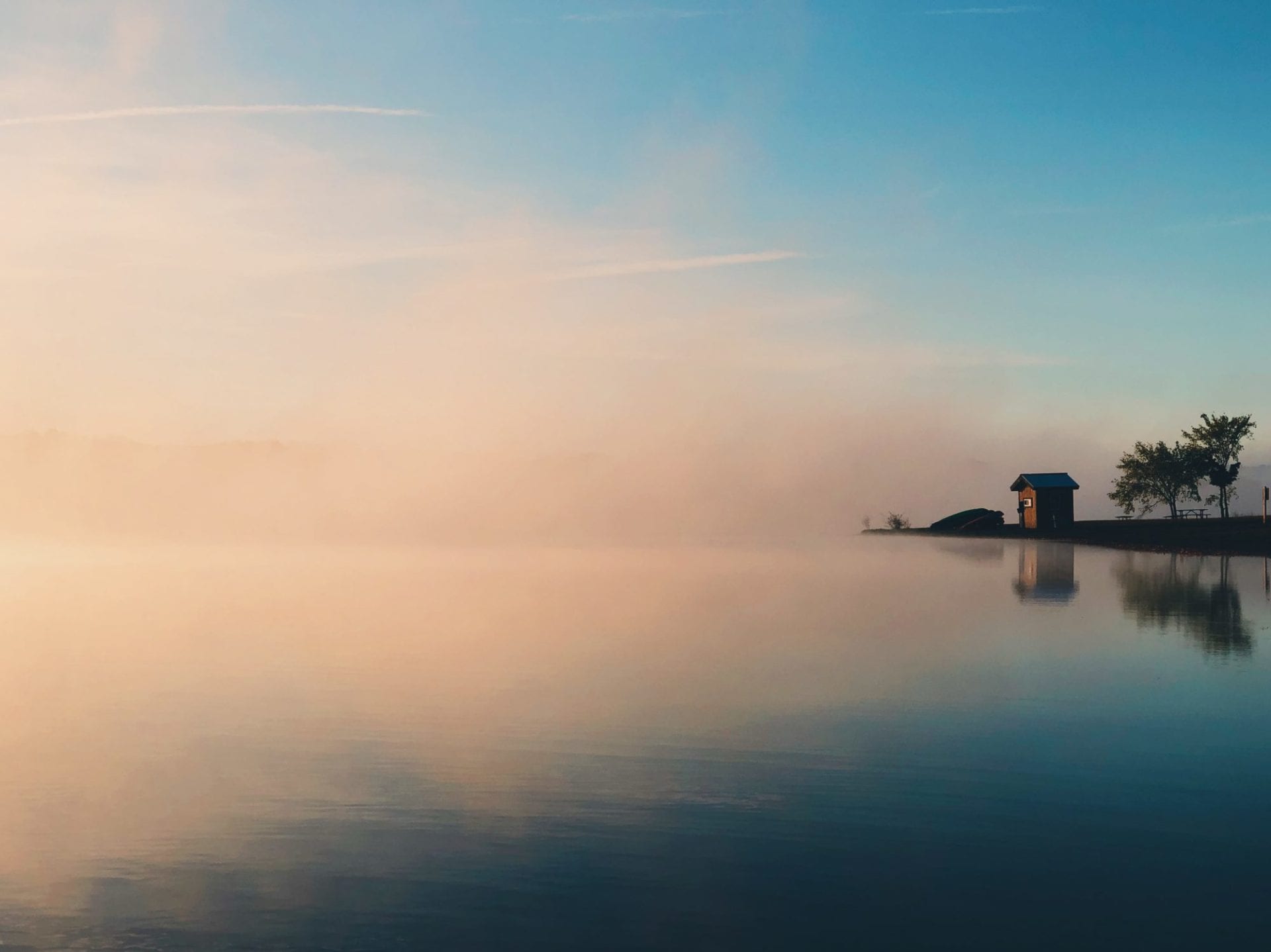
Then there is Còsagach or Coorie from Scotland my friends. Let me explain it like this: In Scotland there is an island called ‘the Island of Discussion where, if you had an argument, you were both sent with cheese and whiskey until you made peace. The word còsagach itself actually translates to wet moss, and coorie means bending down for protection but och the Scottish is not letting semantics get in their way!

And wait. There is more!
From Japan might I interest you in a morsel of Ikigai which promises a very long life if you drink tea, never retire and always stay a little hungry. The Japanese, it seems, would prefer us to find a purpose rather than chase our comforts.
Kakeibo or Konmari which both strive to help you save money (making you a very exact 35% richer) and stop being messy by living more mindfully.
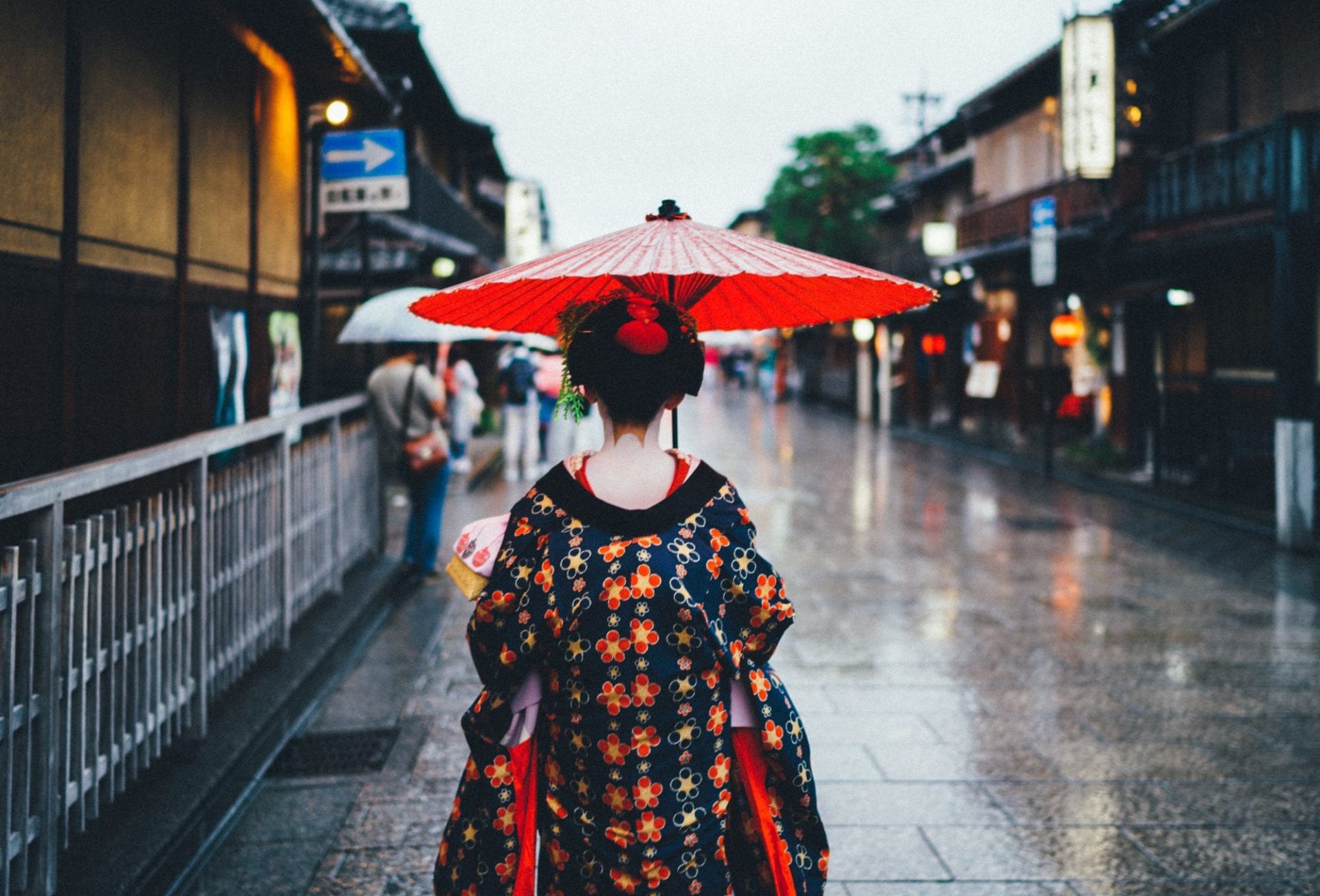
Child raising is going to be all Achtung Baby – the German Art of Raising Self Reliant Children with the Teutonic ‘free range’ values of independence, no pressure and a healthy touch of nudity.
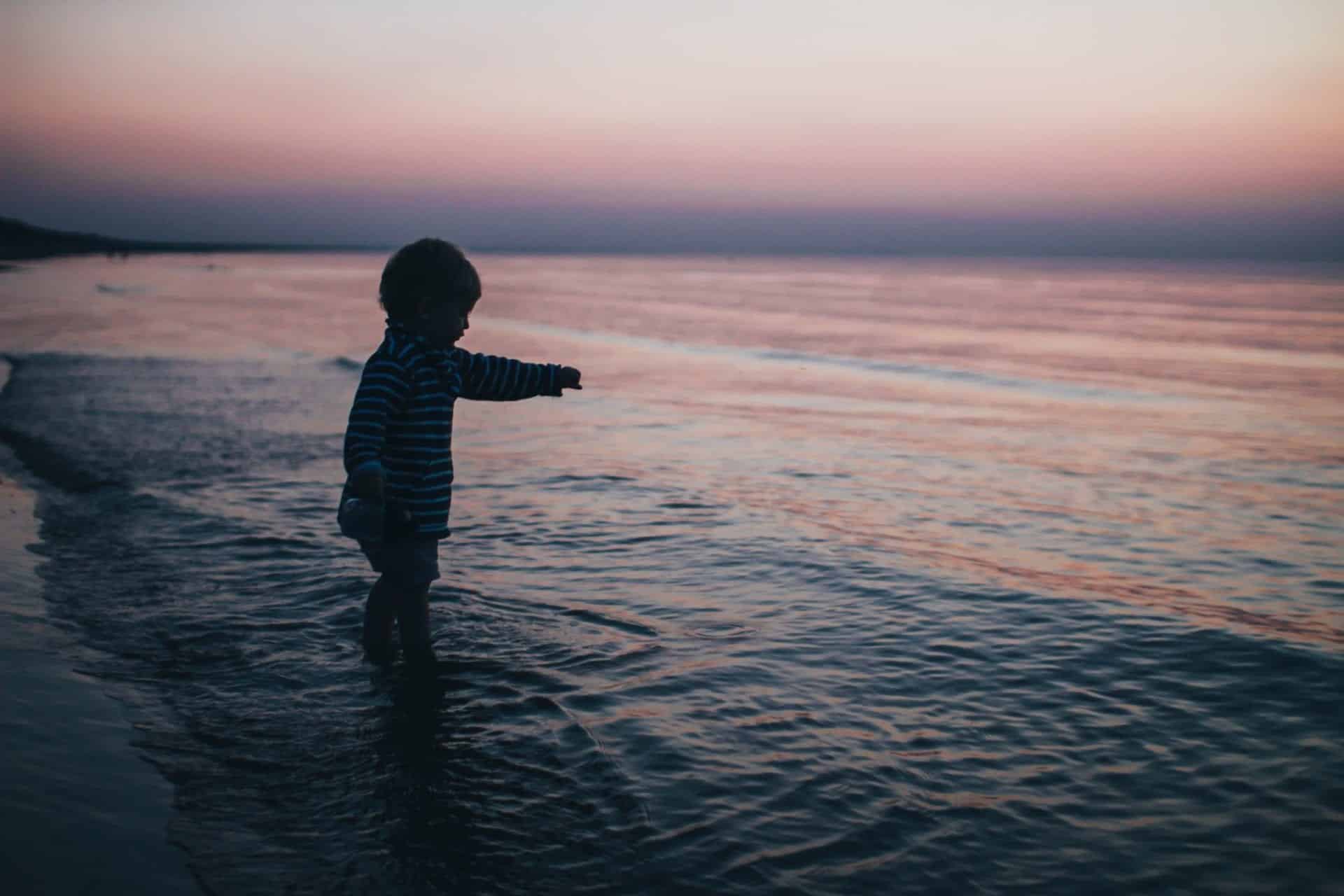
And finally there is the French. They want us to stop caring. C’est la vie! Liberate our enthusiasm so to speak. As long as we do it by the book, mais bien sûr.
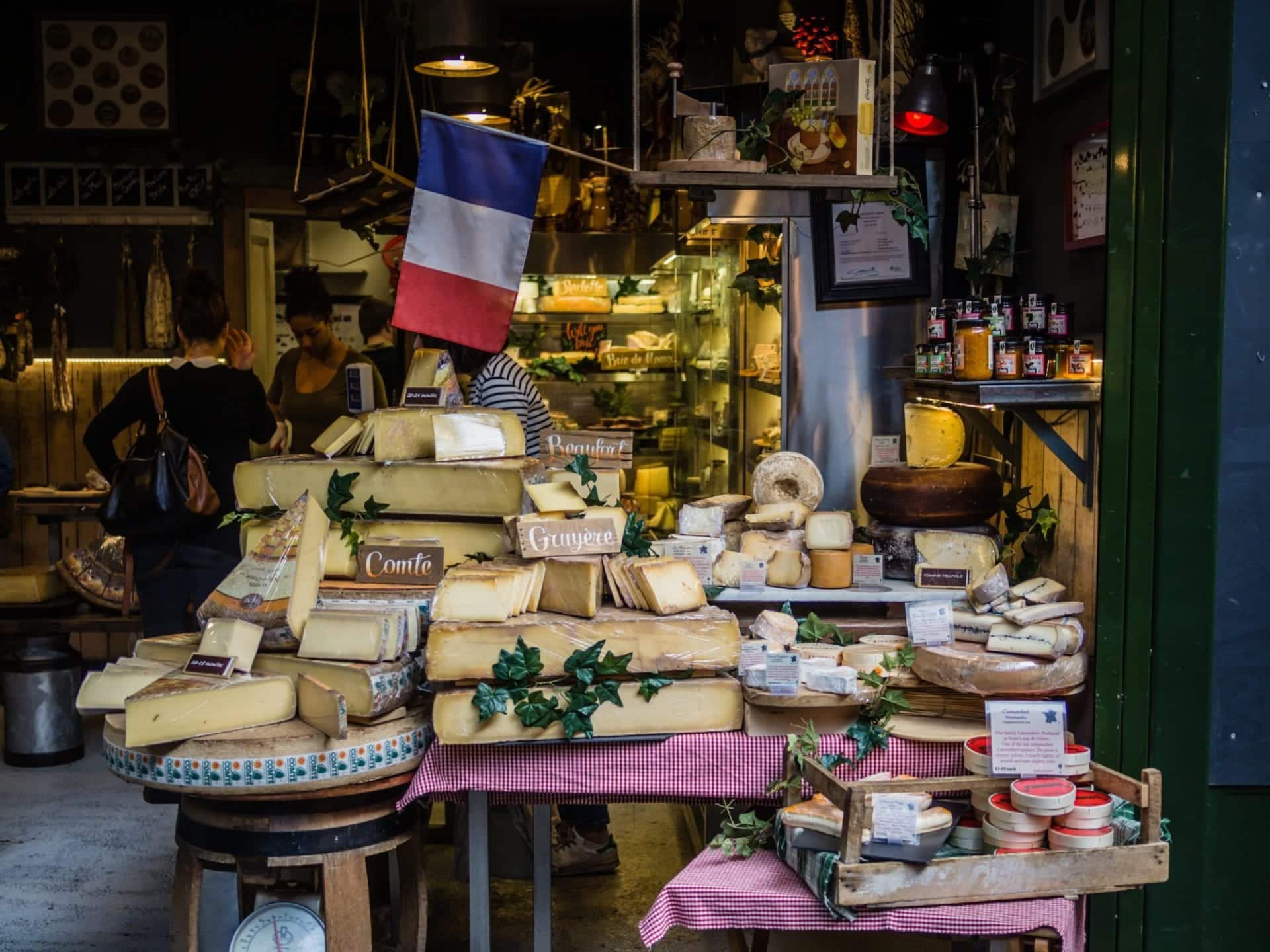
Let us pause and recap.
Instead of simply being all cosy (hygge) the lifestyle police now wants us to concentrate on being balanced (lagom), happy (lykke), whilst generally indulging (coorie), but remaining very stoic (sisu) and really only drinking tea, working and being peckish (ikigai), but also lovingly folding clothes and money (kakeibo and konmari), letting your baby run around in the altogether (achtung baby) … and liberating your enthusiasm according to schedule…
and exhale.

I call shenanigans!
And remember when we put that pin in the imagery?
The pictures made me think that what all these people and their pretty books are actually chasing is simply good, old-fashioned travel. Because as humans it is in our blood to move. To discover. To find new cultures and take inspiration from their beauty and their wisdom.
The answers do not lie in chasing more perfection.
They can only be found in our adventures.
